After a 10-year hiatus, an archeology field school is being conducted in the Kamloops area.
The 2019 Thompson Rivers University archeology field school is a collaborative project with the Tk’emlúps te Secwépemc Natural Resources Department. The field school provides an opportunity for students to learn survey, excavation and mapping techniques in Secwepemcúlecw (lands of the Secwépemc), while also visiting nearby archeology sites.
The school offers six weeks of field training, including a six-credit summer field training in archeology course and a three-credit lecture-based course called plateau prehistory.
The field training course gives students experience in standard archeology methods that can be applied to a range of careers and offers students the opportunity to learn outside of the classroom setting.
Field courses also provide students the unique experience of understanding the process of community engagement and working with Tk’emlúps te Secwépemc in a collaborative and community-directed project.
Rather than have specific research questions and conduct archeology work to test theories and formulate interpretations based on the data recovered, the 2019 field school is an example of Indigenous archeology. Indigenous archeology involves a collaborative and community-directed approach to projects and strives to make archeology more representative of, responsible to and relevant for Indigenous communities.
The collaborative work between myself and Tk’emlúps te Secwépemc Culture and Heritage Department archeologists Leslie LeBourdais and Ryan Dickie began by discussing a field school location that would contribute to the cultural heritage management goals of Tk’emlúps te Secwépemc.
Several locations were presented to Tk’emlúps te Secwépemc chief and council, which made the decision where to conduct the archeology field work. Prior to commencing field work, there was a smudging performed by Tk’emlups knowledge keepers and and TRU students were welcomed by representatives of Tk’emlúps te Secwépemc, who explained the significance of the archeology work being undertaken.
Following community protocols is an important aspect of any archeology project. Protocols and collaborative projects between archeologists, universities and First Nations communities are particularly important when work is being conducted on federal lands. In the absence of a federal heritage act, protection and management of archeology and heritage resources on Tk’emlúps te Secwépemc reserve lands, for example, are conducted in accordance with the heritage conservation bylaw and the ancestral remains policy.
All archeology work must also have an approved research protocol agreement between an individual and Tk’emlúps te Secwépemc. The 2019 TRU archeology field school not only gives students the opportunity to leave the classroom and dig in the dirt, it also presents the opportunity to witness and be a part of decolonizing the past.
Nadine Gray is a Kamloops-based archeologist and instructor at TRU.

